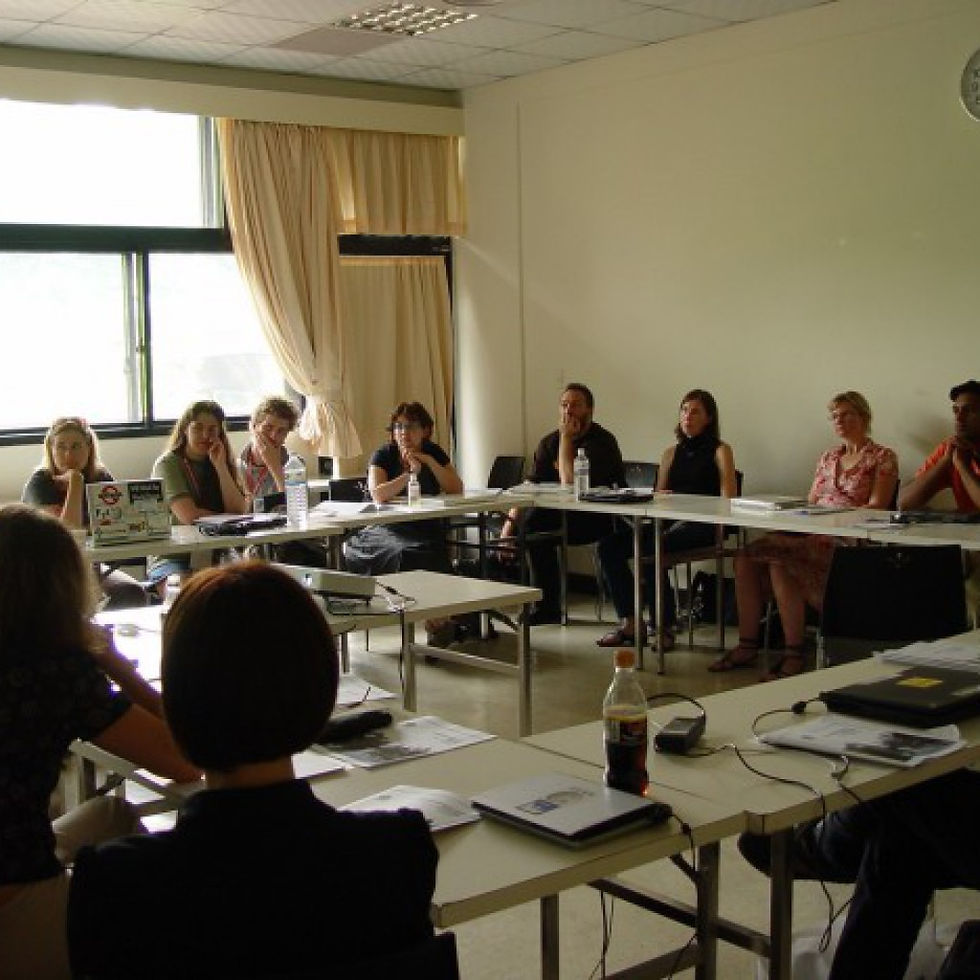WHAT SHOULD HAPPEN AT BOARD MEETINGS: PART 1
- Jenn Urban
- Jun 19, 2019
- 3 min read
Updated: Jan 18

PART 1: ANNUAL AND REGULAR BOARD MEETINGS
In general, the health of a nonprofit organization can be directly tied to the knowledge and functionality of its Board Members. Do the Board Members follow their fiduciary duties? Do the Board Members assure the nonprofit organization meets its compliance requirements? How often does the Board meet? What do they talk about? Are proper minutes kept? How active is the Board?
In Part 1 of this 2-Part series we’re going to discuss Board Meetings in general. Next time in Part 2, we’ll review the nitty-gritty of what should happen at each meeting.
BOARD MEETINGS: ANNUAL – WHO, WHAT, WHEN, WHERE, HOW
Who – Every nonprofit organization is required to have an annual meeting. All the members should attend. It is also recommended that every nonprofit have regularly scheduled meetings – either monthly or quarterly.
What – This annual meeting is when the organization will elect/reelect its Board Members and Officers (if the terms have expired), as well as consider any other business that may be properly brought before the Board.
When – Proper notice of the meeting is required. Unless your Bylaws have other notification requirements, Minnesota law requires notice (including the time and place of the annual meeting) be provided to each Board Member, as well as any voting members, at least 5 business days but no more than 60 business days in advance of the meeting. This notice must be given personally, by mail, e-mail, telephone, or facsimile. If the notice requirements are not followed, then the meeting could be deemed improperly called, and any decisions carried out at the meeting (including elections/re-elections) may become null and void.
Where – The organization’s Bylaws should detail the month and location of the annual meeting.
How – Whether the entity has voting members, nonvoting members, or the Board of Directors as its members will determine how the election/re-election process is conducted. The nonprofit organization’s Bylaws should generally detail election/re-election processes and the terms of Board Members and Officers.
Board Meetings: Regular – Assuring the Board of Directors and Officers carry out their fiduciary duties and properly govern the organization.
Once a Director/Officer has been elected/re-elected, that Director/Officer has fiduciary duties to the nonprofit organization. While fiduciary duties apply in each state, the Minnesota Attorney General’s Office has authored a document that is helpful to Minnesotans – Fiduciary Duties of Directors of Charitable Organizations: A Guide for Board Members. Board Members of a nonprofit organization must abide by the duties of care, loyalty, and obedience.
Duty of Care – Board Members must actively participate in the management of the organization, including, but not limited to
attending meetings of the Board
evaluating reports
reading minutes
reviewing the performance and compensation of the Executive Director/CEO/key staff
Board Members of a nonprofit organization must discharge their duties in good faith, in a manner the Board Member reasonably believes to be in the best interests of the organization, and with the care an ordinarily prudent person in a like position would exercise under similar circumstances.
Duty of Loyalty – Board Members have an absolute duty of complete, undivided loyalty to the organization. This means that Board Members should avoid using their position, or the organization’s assets, in a way that would result in a personal financial gain for themselves or for any member of their family. Members must put the good of the organization first. Any conflicts of interest between the organization and a Board Member should be resolved in favor of the organization unless the conflict of interest is waived by the Board as a whole (with the conflicted Board Member sitting out that vote, of course).
Duty of Obedience – Board Members have a duty:
To follow the organization’s governing documents (Articles of Incorporation and Bylaws)
To carry out the organization’s mission
To ensure that funds are used for lawful purposes, and
To comply with state and federal laws related to nonprofits and to conducting their business
Officers and Directors fulfill their fiduciary duties in part by staying actively engaged through regular meetings. Like the annual meetings, regular meetings also require proper notice (unless the next regular meeting is announced at another regular meeting that was properly called). It’s recommended that a nonprofit Board meet at least quarterly (4 times each year). In Minnesota, the law permits members to attend regular meetings by remote communication (skype, phone conference, etc.) if desired.

EPTU Machine ETPU Moulding…
EPTU Machine ETPU Moulding…
EPTU Machine ETPU Moulding…
EPTU Machine ETPU Moulding…
EPTU Machine ETPU Moulding…
EPS Machine EPS Block…
EPS Machine EPS Block…
EPS Machine EPS Block…
AEON MINING AEON MINING
AEON MINING AEON MINING
KSD Miner KSD Miner
KSD Miner KSD Miner
BCH Miner BCH Miner
BCH Miner BCH Miner
EPTU Machine ETPU Moulding…
EPTU Machine ETPU Moulding…
EPTU Machine ETPU Moulding…
EPTU Machine ETPU Moulding…
EPTU Machine ETPU Moulding…
EPS Machine EPS Block…
EPS Machine EPS Block…
EPS Machine EPS Block…
AEON MINING AEON MINING
AEON MINING AEON MINING
KSD Miner KSD Miner
KSD Miner KSD Miner
BCH Miner BCH Miner
BCH Miner BCH Miner